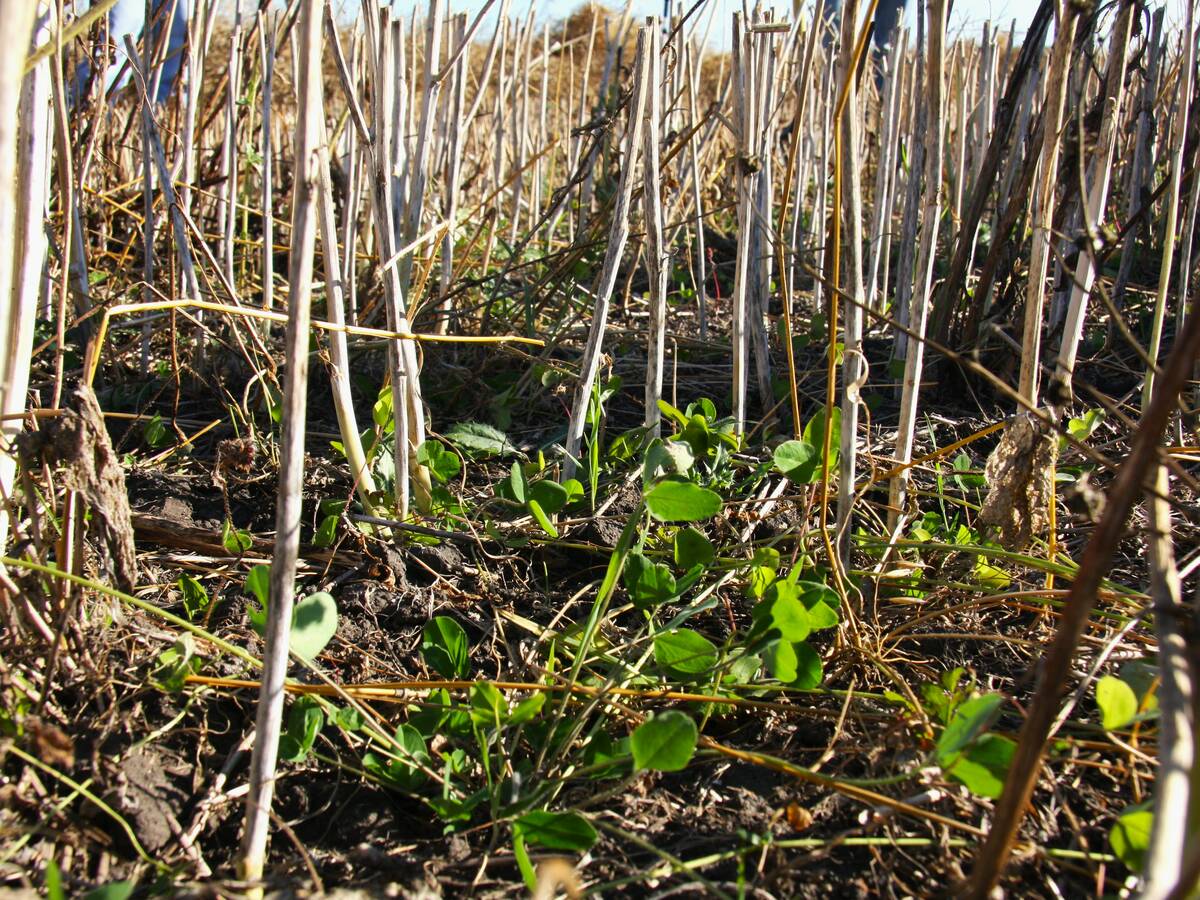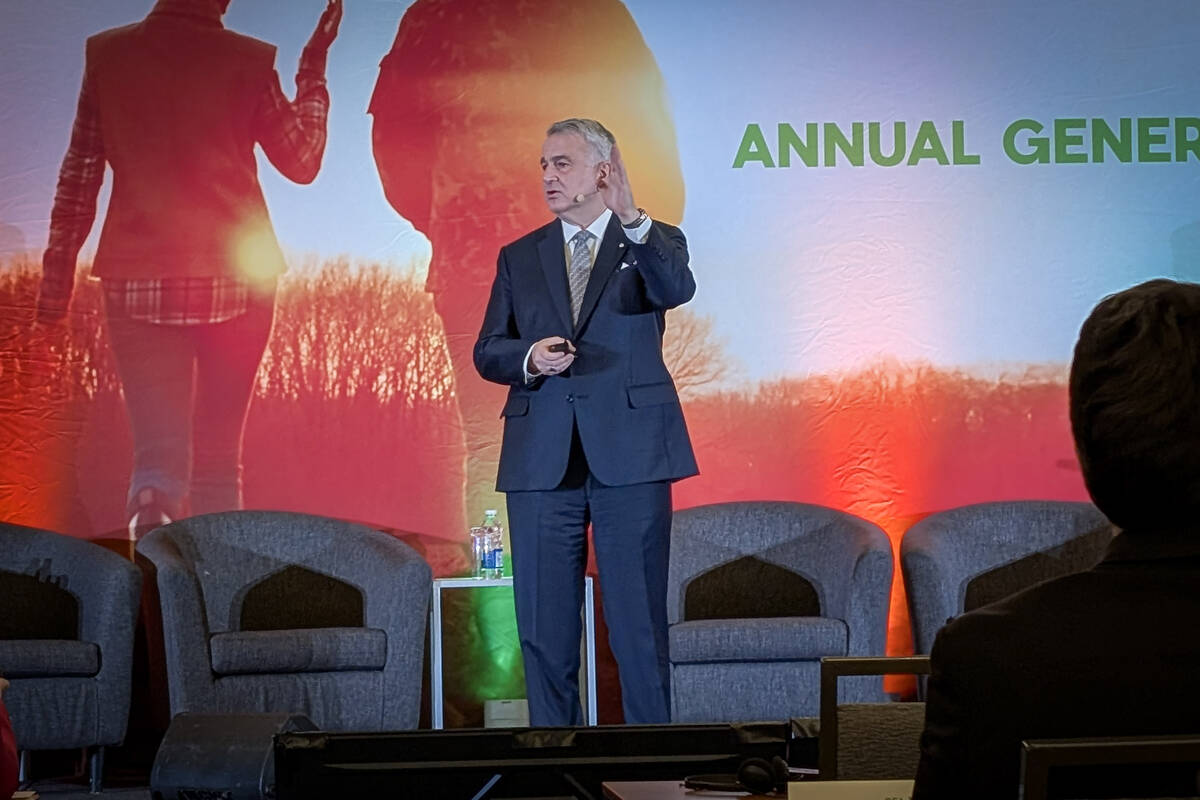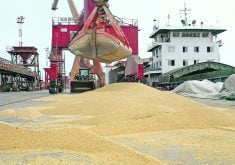Glacier FarmMedia – A country gripped by “Trump-driven hyperanxiety is” seeing political shifts due to economic strain, says a Canadian pollster.
Nik Nanos, founder and chief data scientist for Nanos Research spoke at the Canadian Federation of Agriculture (CFA) annual general meeting about changing political attitudes in Canada caused by external trade threats and leadership changes.
Follow all our coverage of the tariffs situation here
Read Also

Saskatchewan project sees intercrop, cover crop benefit
An Indigenous-led Living Lab has been researching regenerative techniques is encouraging producers to consider incorporating intercrops and cover crops with their rotations.
According to Nanos,”the social contract is under strain” in Canada.
“The social contract is something that is as simple as, if you work hard, you should be able to pay the bills,” Nanos said.
The public often reflects this as a “don’t screw this up” mentality toward governments.
“The same thing applies to the agriculture sector; you don’t want governments messing things up,” said Nanos. “How can the government create an environment for your hard work, your entrepreneurship, your innovation, and for you to kind of reap those particular benefits?”
While Nanos said Donald Trump’s election in the U.S. is a symptom, not the root cause of a broader global trend of economic strain, he also said the development has had immediate effects on Canadian’s attitudes.
“The week after Donald Trump was elected president, the trajectory for consumer confidence started to drop,” he said.”What we’re seeing … is a lot of anxiety for people in the future.”
Trump-driven anxieties have shot up within the past month.
“Four weeks ago, 2.4 per cent of Canadians said that they were worried about Donald Trump,” Nanos said. “Now it’s tied to the top issue with jobs and the economy. It has gone up 18 percentage points in a short four weeks.”
This data was based on a poll in which respondents wrote in their top concerns rather than choosing from a prewritten list.
Nanos said around 63 per cent of Canadians feel the economy will worsen in the next six months, the worst score since the COVID-19 pandemic.
Economic pessimism is particularly high among young Canadians. Nanos said around 31 per cent of young people are worried about how they will afford groceries within the next week.
What’s changed drastically is the attitude on how to respond to Trump. According to Nanos, 58 per cent of Canadians support immediate retaliatory tariffs, up from 29 per cent in 2024. Additionally, a majority of Canadians support measures like removing U.S. beer and wine from liquor stores and imposing dollar-for-dollar tariffs on U.S. goods entering Canada.
The question of how to manage the imposing tariff crisis has also become one of the defining points of the upcoming federal election.
“What the ballot question was was ‘time for a change, kick the bums out, Liberals been in power too long, do you like or dislike Justin Trudeau’,” Nanos said. “The ballot question is now who can best manage Trump?”
This question has caused dramatic shifts in political support over the past few weeks. According to data Nanos presented, 40 per cent of Canadians responded they thought Liberal candidate Mark Carney would do best negotiating with Trump while 26 per cent said the same of Pierre Poillievre.
















